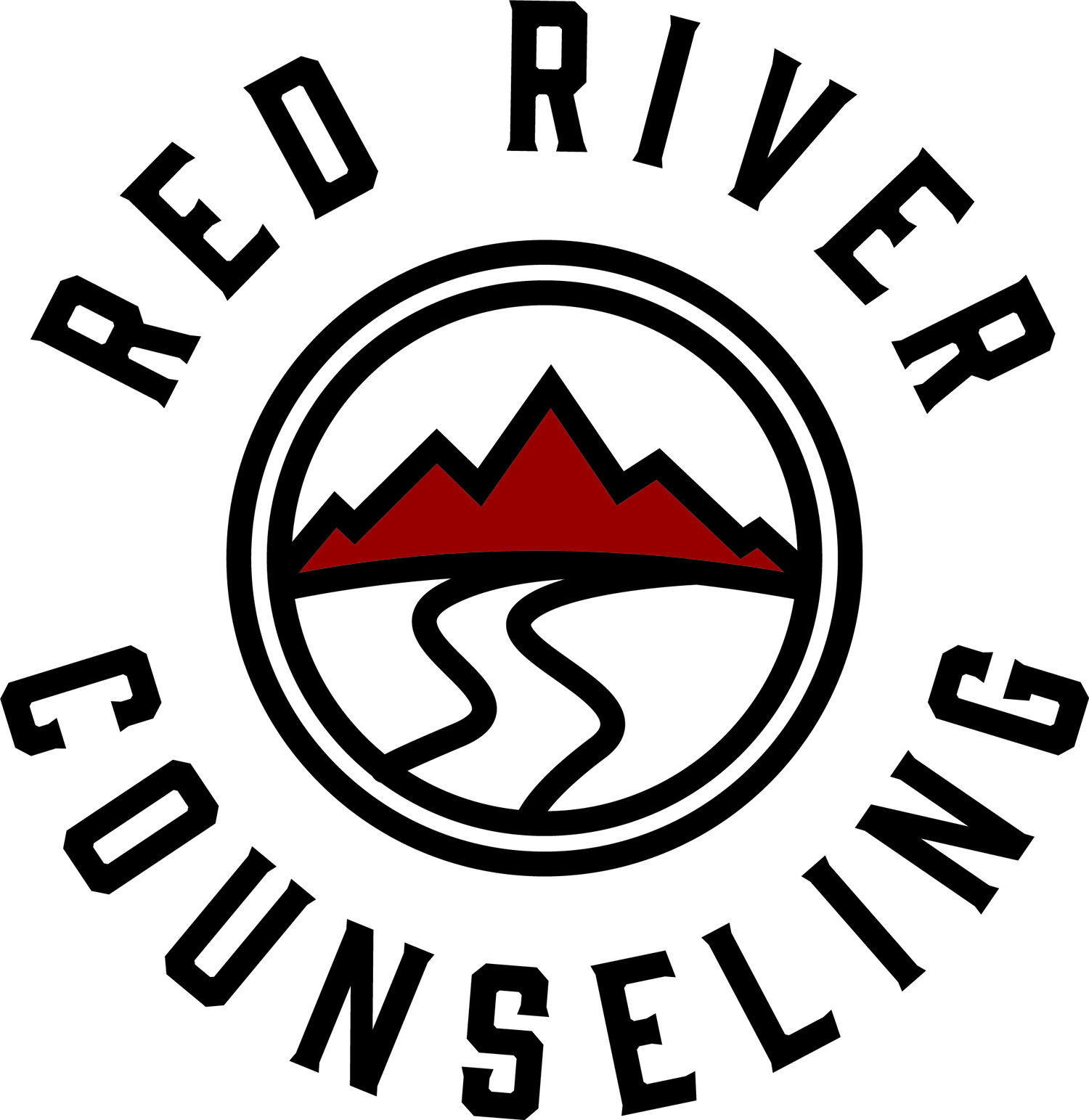A guide for coping with chronic stress
/As with everything, stress comes in helpful and unhelpful forms. Helpful stress motivates you and sets just enough fire under you to get you moving. Chronic stress is unhelpful in that it sets you on fire, feels unrelenting and is persistent. Rather than motivating you to rise to the occasion, it depletes you, discourages you, and eventually takes a serious toll on your entire self – physical, emotional, mental, spiritual. Sometimes, it’s insidious and is more like breathing poisonous gas than being set on fire, slowly and consistently degrading your health.
Our bodies aren’t wired to live in this type of environment. With healthy stress, our bodies release helpful hormones like adrenaline and cortisol. I often discuss these as being Superman’s powers – the ability to do extraordinary things (adrenaline) while being bullet proof (cortisol). We’ve all experienced that rush of adrenaline at some point in our life, the sense of being capable to do the impossible, and you probably remember the feeling of exhaustion and depletion that follow after the hormone washes out of your body. Cortisol on the other hand doesn’t wash out as fast, and although it can help you endure difficulty and pain, it likes to linger in your body. And if not dealt with, cortisol starts to act in corrosive ways throughout your body. There is a large amount of research that shows how this hormone can damage your health, causing long-lasting damage to your muscles, joints, bones, digestion, and nearly every other organ, while triggering your body to retain too much fat, increase your blood pressure, interrupt your sleep, and create an internal environment of unstable moods.
The good news, and I know you’re probably ready to read this part, is that you have the ability to change both your external and internal environment so that you don’t have to suffer the consequences of chronic stress as acutely. Although we can’t always entirely change our external environment, and it will undoubtedly have an impact on us, we are able to protect ourselves from breathing that poison gas, as well as heal and care for our internal environment to mitigate those risks and dangers from living under chronically stressful conditions.
The following are categories that I encourage my clients to think about in order to control what is within their control while protecting themselves from what is outside of their control. This list in not exhaustive, and I’m sure there are areas and examples that you find will work for you, but I believe this will hit many of the main things to check in on. At the end of this I will attach a practical guide that you can download and print off in order to come up with a plan for dealing with the areas of chronic stress in your life. I’ve also attached a link under most categories with more information or ideas.
Reminder: You don’t have to do everything, all the time, all at once. Start with what’s doable and go from there. Change happens in increments, just focus on doing the next right thing rather than everything. You may just focus on adding one new habit per week, or even every other week, until you find you’ve developed healthy habits in each area.
Bottom line, what humans need most is a sense of safety and security, which is primarily found in their close connection with others.
Community – With that said, let’s start with the main thing. You need to surround yourself with people that you feel safe with; meaning that you believe they care for you, accept you, and are committed to your growth and well-being. Note, feeling safe doesn’t always mean feeling comfortable – people that love you will undoubtedly need to challenge you at times, but will do so with more grace than truth. This isn’t always easy to find and may require you to step outside of your comfort zone to develop healthy relationships.
Essential to this, and missing for many Americans, is that you need healthy, wise sages and elders around you. The folks who will dote on you and call you out when necessary. Too many of us are surrounded only with our peers, while we never outgrow our need for mentoring.
Vitamins/Supplements – As I said earlier, chronic stress takes a huge toll on your physical well-being. There’s no magic pill to make it all better, but there is some great research that shows taking a Vitamin B-complex (especially B6) is incredibly helpful to your mental and emotional stability and mood. Supplements such as Ashwagandha, Magnesium, Rhodiola Rosea and others have been shown to help regulate cortisol production, reduce its levels and improve stress resilience. As with all recommendations, check in with your healthcare provider.
Counseling – Not all counseling/therapy is the same. You can’t talk your way out of trauma or chronic stress. Although talk therapy is often helpful, if you find yourself in a situation that feels constantly unsafe and unpredictable, look for a therapist that has a more direct approach and offers treatment therapies like EMDR to process trauma, DBT skills training to regulate emotions, or other therapies specific to your situation.
Mindfulness – To put it simply, to be mindful is to be in the here-and-now. Stress can often trigger cues or trauma responses that put us in the there-and-then. Giving yourself time and space to be in the now and then process the emotions and thoughts that go with it can be incredibly helpful. Some of the tools you can use for this are journaling, grounding, square breathing, containment excercises, and much more. This link takes you to a more expansive description of these on my website.
Exercise – Trauma is stored in the body (your nervous system is wound within and throughout your entire body, not just your brain), and is therefore dealt through engaging your body. There is more research on the importance of consistent exercise in helping to reduce the impact of stress, and particularly cortisol, than on anything else on this list. It doesn’t have to be much, but it does have to be often, particularly if the stress is constant. Set yourself up with attainable goals that you can increase over time. One rule I have found helpful is that it’s okay to miss one day, just don’t miss two days of excercisein a row.
Nutrition – Our bodies need proper fuel to support our very complex biological system. Be sure to put food in your body that’s not overly processed and underly nutritious. The next time you go to the supermarket, try to buy food from the outside rows (fruits, veggies, meats, dairy), rather than the inside rows (boxed, canned, and highly processed). As we were all told in elementary school, you are what you eat – or better yet, you function as well as what you eat.
Medicine – When we live in chronically stressful environments for a prolonged period, especially during childhood, it can cause damage that is not easily remedied. If you find yourself trying to change your internal environment but are having a difficult time doing so, talk to someone who knows about medication that can help. In particularly, I would encourage you to find a psychiatric nurse practitioner with a good reputation in your area. Psychiatrists are also a good bet, but they often don’t take insurance and can be difficult to get an appointment with.
Channel your intake – As with the food we put in our body; the entertainment, news, propaganda, and digital content we absorb has an impact on our whole self as well. If my body is in a state of hypervigilance, it doesn’t need a hit of any more anxious content. There are times where you may need to cut out digital media and replace it with something else (maybe some of the other things on this list), in order to have a more balanced media diet. Set limits on your intake, utilize technological tools to maintain those limits, and regularly evaluate these limits.
Service work – Chronic stress often leaves us feeling powerless, and one helpful remedy is to create positive change in your immediate environment. This could be as simple as keeping your car clean but may also mean you participate in helping build a home through habitat for humanity, help out a food pantry, read to kids at a local school, or do something else that makes your community a moderately better place. Just do something where you can see the impact of your efforts to make your world a better place. You don’t have to change the world, but you can make positive change in your neighborhood.
Sleep Hygiene – I often relay to folks that sleep deprivation is used as a form of torture in war, and that’s because of how effective it is in breaking down a person’s psyche, resilience, and cognitive functioning. Sleep is where our body and brains recover, process information from the day, and repair what was run down. This is even more necessary if we’re in a highly stressful situation. Unfortunately, stress makes sleep difficult, and the lack of sleep makes for more stress. A vicious cycle. Become willing to ask for help from an expert in your area, maybe starting with your doctor or nurse. To start, try the 3,2,1 method – don’t eat 3 hours before bed, don’t drink 2 hours before bed, and turn off electronics 1 hour before bed.
Prayer/Meditation – As a benefactor of 12-step work, I always found the serenity prayer to be incredibly grounding and simplifying, especially in a chronically stressful environment.
“God, grant me the serenity to accept the things I cannot change, the courage to change the things I can, and the wisdom to know the difference.” A friend likes to change that last part to “and the wisdom to know it’s me”.
Find grounding practices (such as square breathing, mindful exercises, written or unwritten prayers and liturgies, to name a few) to help ground yourself when the world around you is spinning.
Yoga – Over and over and over again, yoga has been found to be one of the most beneficial activities to help our minds and bodies heal from trauma/chronic stress. Yoga helps you regain a sense of time (this movement is uncomfortable, but it will pass), and helps your body release those powerful hormones released during stress. Additionally, it helps you learn about your body and its incredible interwoven system of emotional, physical, mental and spiritual components.
Play – Last, but not least, and often the most overlooked, play. Do something for the simple pleasure of enjoyment. Find a new hobby or pick up an old one, something that allows you to be distracted but not detached, soothed but not numbed. And if possible and helpful, find some hobbies that involve friends.
Below you will find a template to help you start to make plans for each of these categories. Start small, do what’s doable. Slow is smooth, and smooth is fast. You’ll find room to write in daily habits and goals, which should drive you towards your quarterly or yearly goals. If you don’t know what to do, make your goal to figure out what it is you can do. This is a guide to progress, not perfection. Go easy on yourself.


